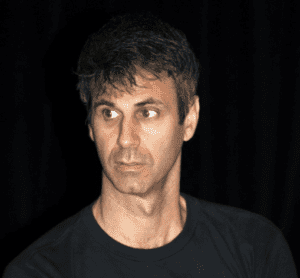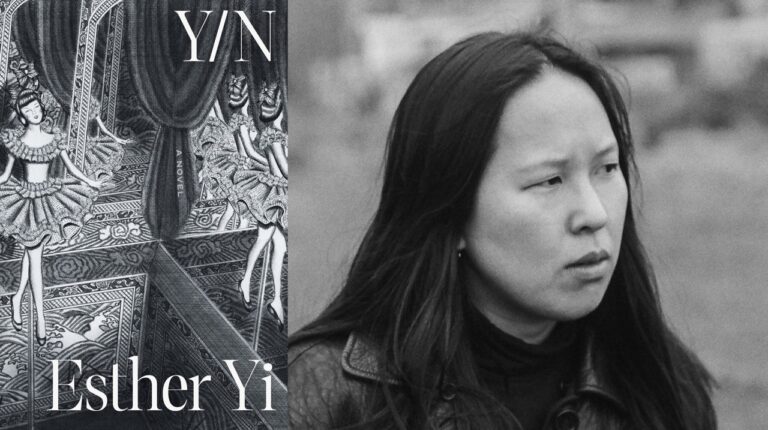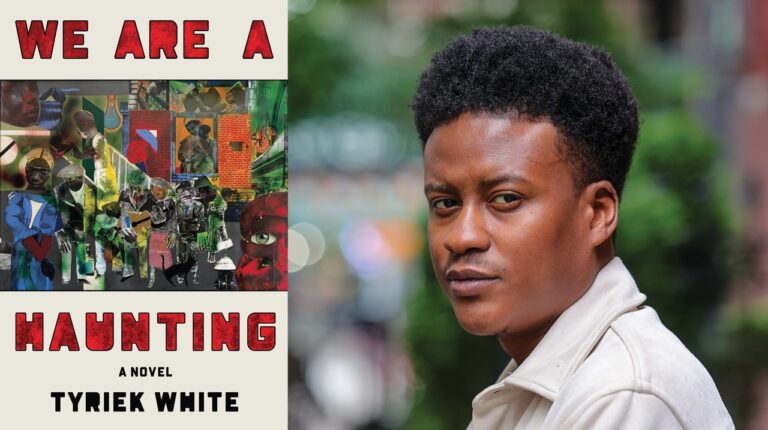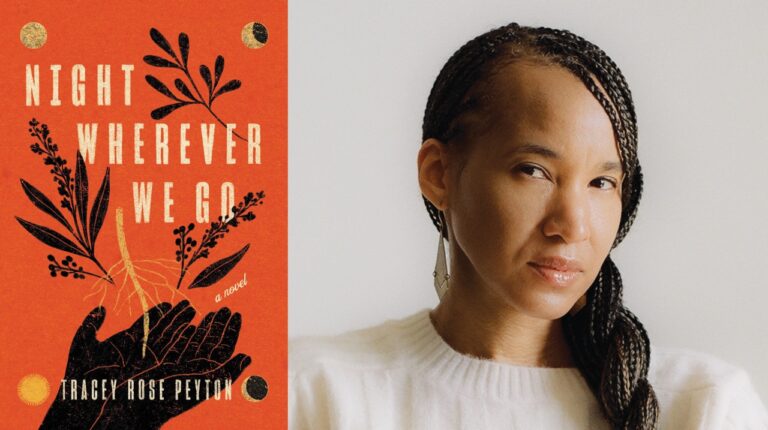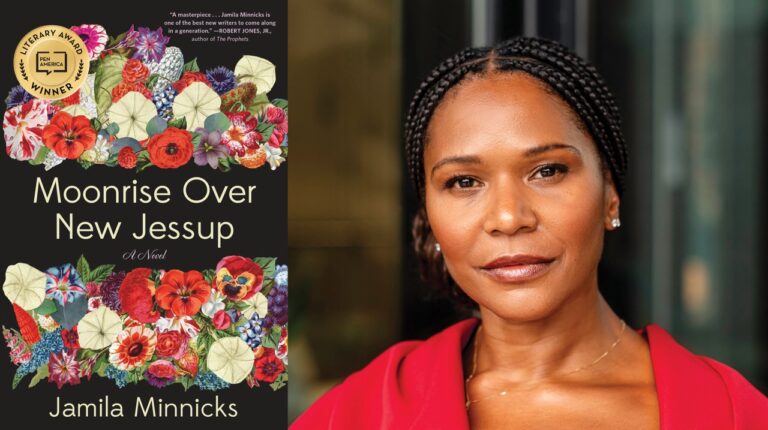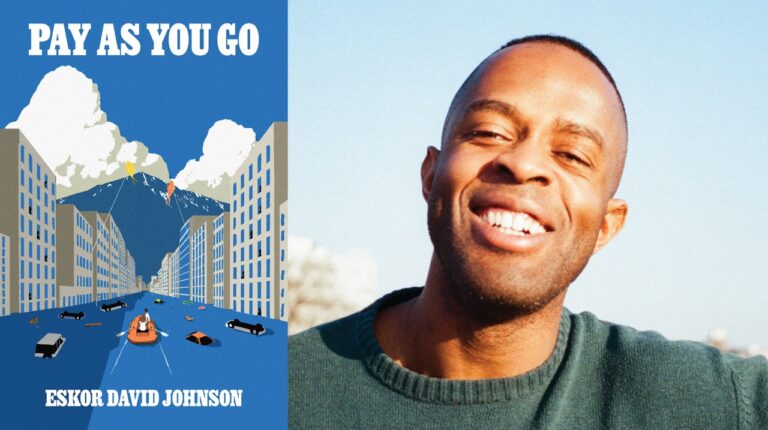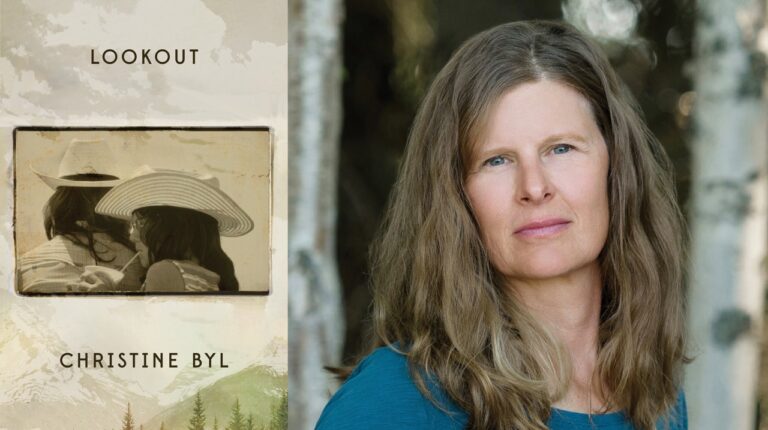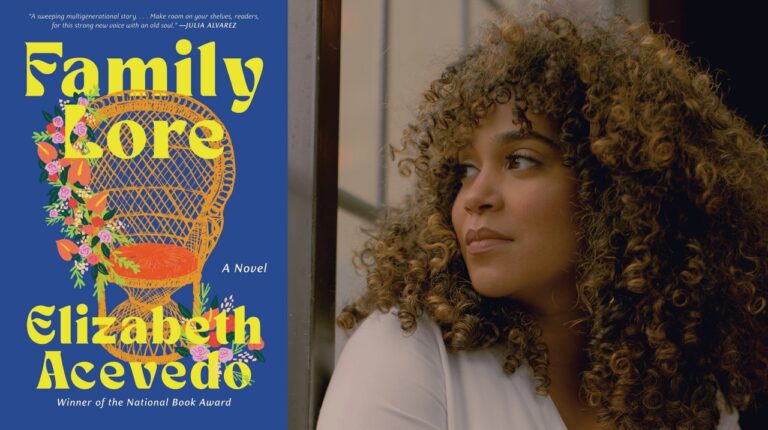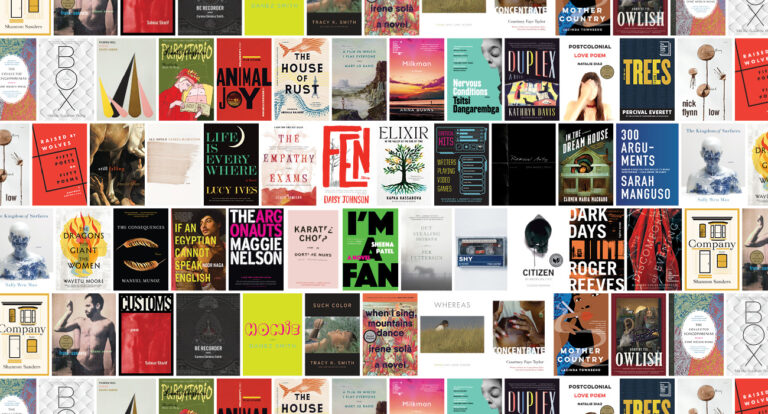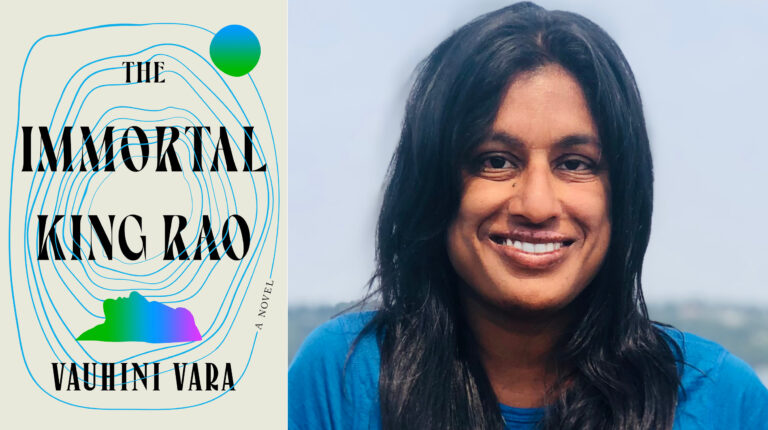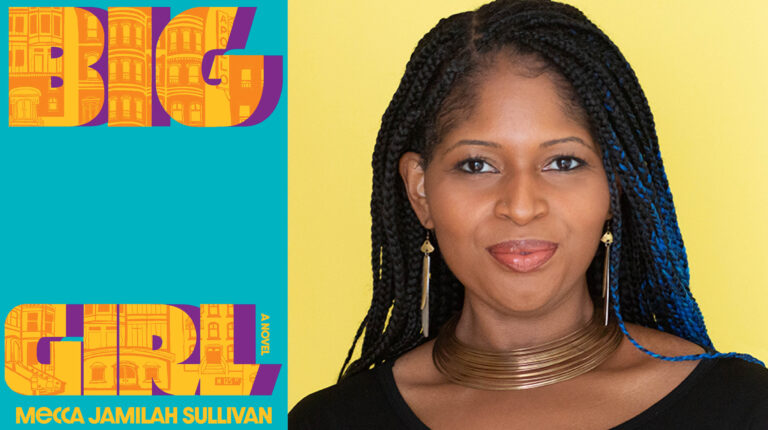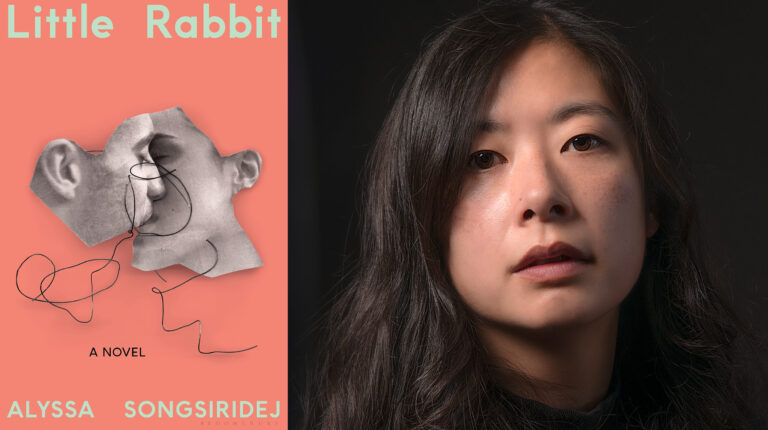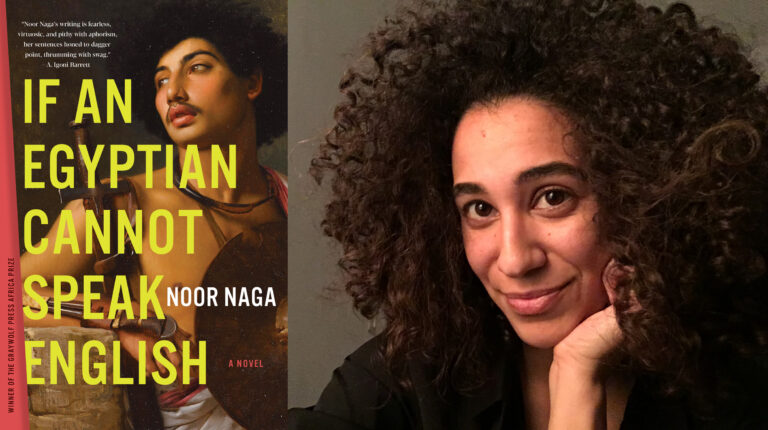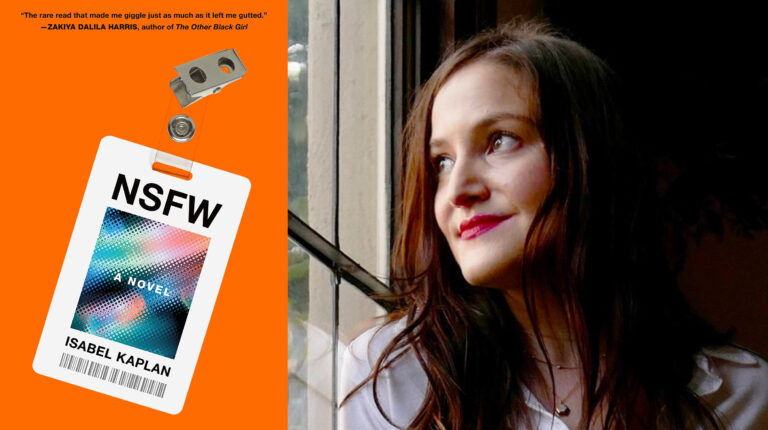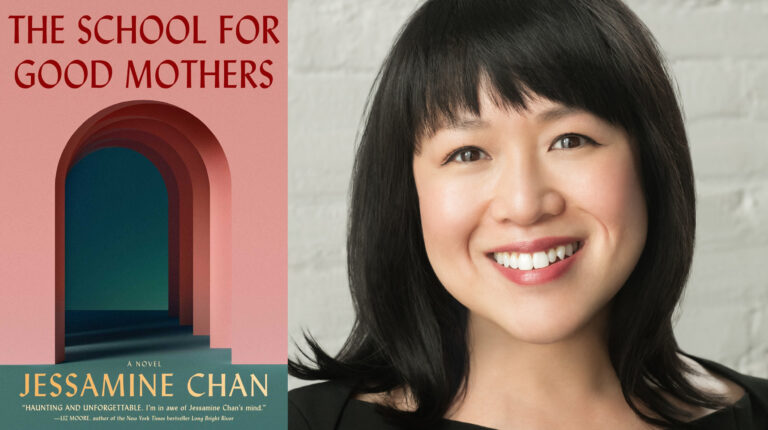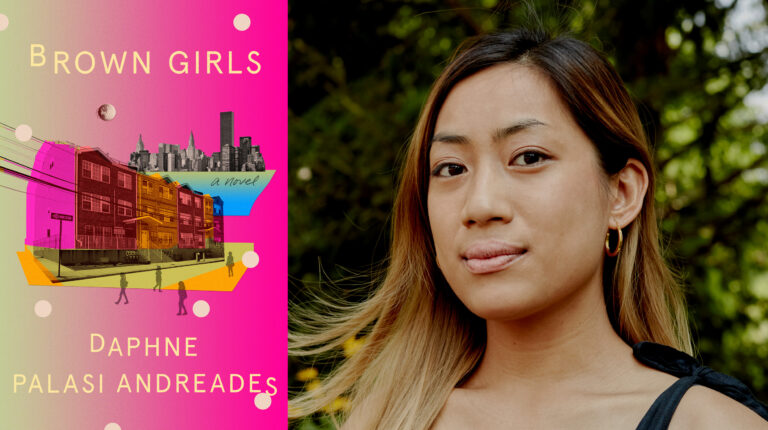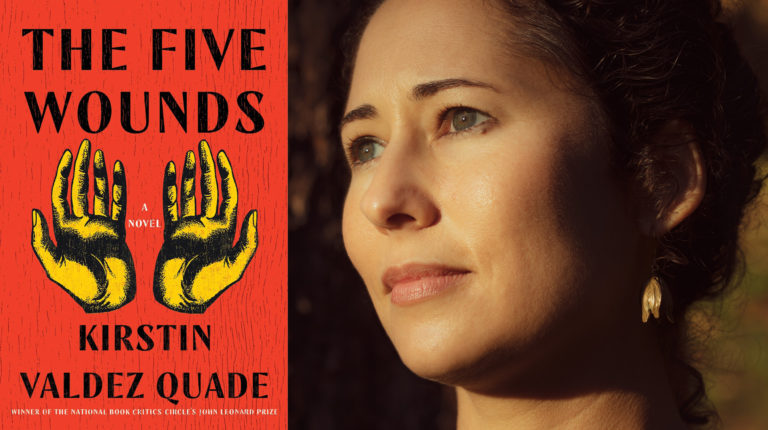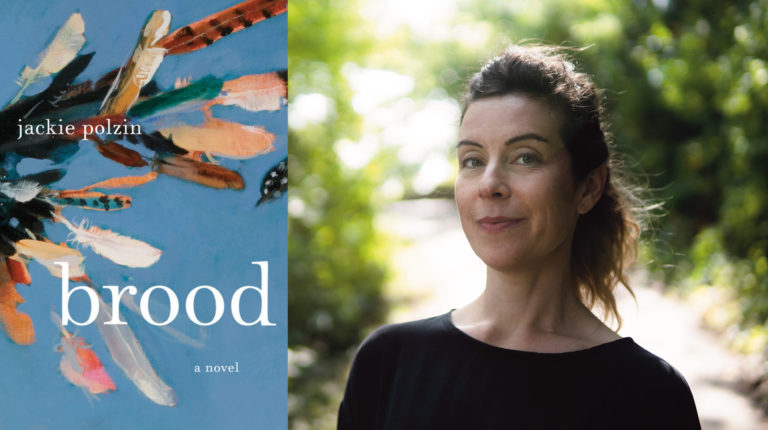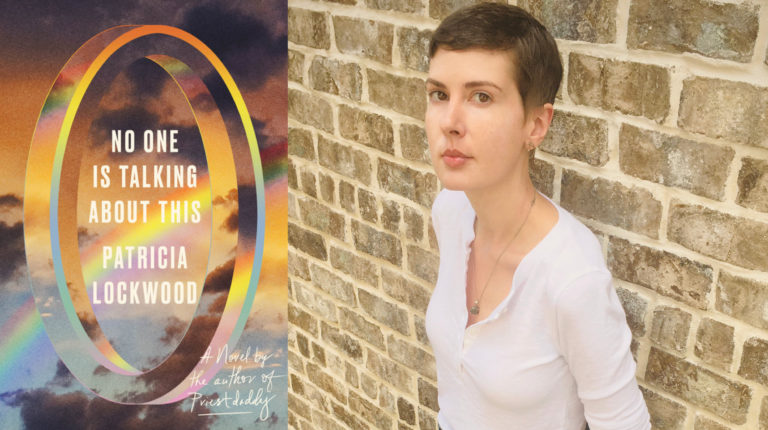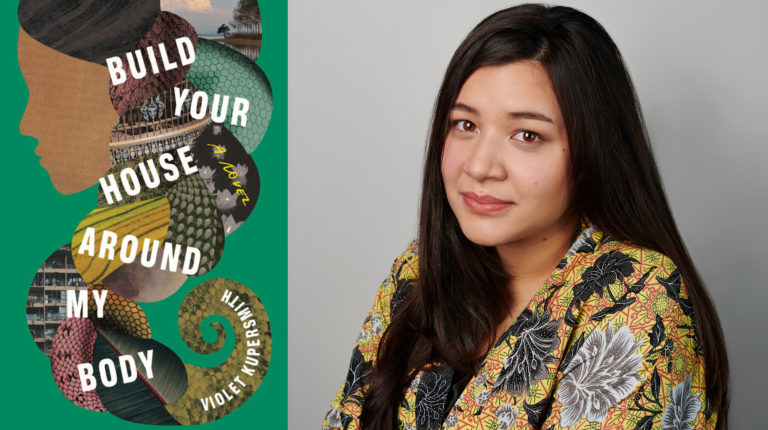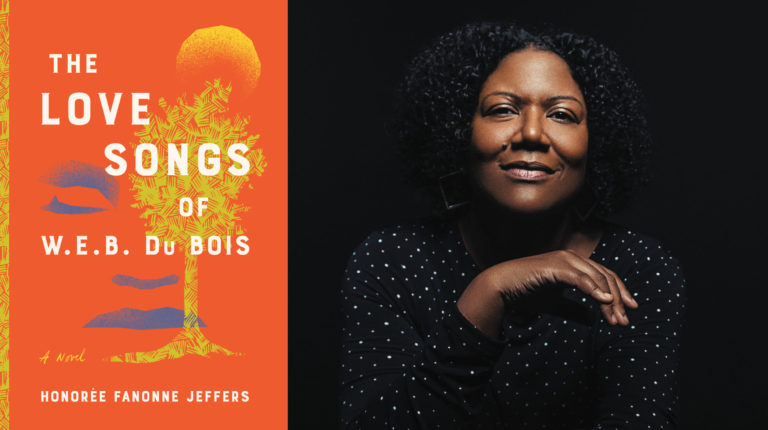Steve Almond likes to mix it up. The short story writer/novelist/journalist/ blogger/provocateur-at-large has engaged in intellectual pugilism with everything from our national chocolate obsession to rock and roll, to daddyhood to politics. Between major book deals, Almond self-publishes deliciously subversive micro-tomes on the Harvard Book Store’s Espresso Machine (e.g. Letters from People Who Hate Me—responses to his blog—and This Won’t Take But a Minute, Honey—bite-sized writerly advice). In October, a new collection of stories, God Bless America, explores—with passion, hope, and kickass wit—our homeland. His publisher this time is Lookout Books, a tiny indie press that came out swinging earlier this year with front page New York Time Book Review of its first release, Binocular Vision by Edith Pearlman. I virtually caught up with Almond to ask about corporate publishing, indie publishing, self-publishing, and the wild blue yonder of 2020.
I’m fascinated by—and elated about—the possibilities afforded by literary DIY. Writers who’ve been edged out of Big Publishing and even small press publishing will be able to put their work in the hands of readers. But you’ve had your work published very successfully by commercial presses, so why do it yourself?
The most concrete answer is that the projects in question were small, personal, idiosyncratic projects, and it just didn’t make sense—financially or artistically—to partner up with a corporation. That’s the fundamental design flaw in the publishing industry: It pairs an artist with a corporation. Occasionally, this produces a great piece of art that makes all parties involved dough. More often, a literary book loses money—all but one of mine have—and the writer winds up feeling like a loser because his piece of art didn’t move more units. That’s a pretty crazy way to measure success.
What, for you, is the best thing about DYI? Control? Cash? Thumbing your nose at big business?
Big business is behind most of the immorality in our culture. But I have no interest in thumbing my nose at book publishers. Those folks are doing the work of angels and fools. And I’m incredibly grateful to all the companies that have published my books. The reason I went DIY was simply because I wanted a different publishing experience—one that allowed me to collaborate with a fantastic visual artist (my designer, Brian Stauffer) and get books directly into readers’ hands. I sell the books only at readings because I want them to be artifacts intended to commemorate a human gathering, rather than commodities renting space in a retail outlet. It just feels like a more natural way of putting art into the world.
Could someone who doesn’t already have a following pull off DIY—that is, get more than just their dearest friends and enemies interested in a book? And if so, would that writer have to spend as much time self-promoting as writing?
Oh, there’s no doubt that it’s much harder to sell a DIY book if folks don’t know who you are. You do hear about those few DIY authors who make it big. But for every one of them, there are thousands of folks who sell no more than a few dozen, and/or who spend their precious hours trying to market themselves on Facebook and Twitter. That’s no way for an artist to spend her life. The whole idea is to spend as much time as you can stand at the keyboard—trying to figure out how to make better decisions.
If you were in charge of the New York Times Book Review for a week, what would you do? Go for it!
The first thing I would do is to purge all the “professional critics” and hire a bunch of thoughtful writers. Aimee Bender. Jim Shepard. Charles D’Ambrosio. Cheryl Strayed. These are the folks I’d like to hear from. I’d also instruct reviewers not to indulge in snark—that is, to address what the author seems to be trying to do, and how and why and where she succeeds or falls short. It would be great if they supported these assertions by quoting from the book. I enjoy reviews that make some effort to place a book in a cultural context, but not at the expense of revealing the pleasures and disappointments I might encounter. Good reviews enlarge the conversation about what it means to be human. They shouldn’t just be another form of target practice. I could go on.
Okay, now I have to ask, did you get any letters in response to Letters from People Who Hate Me?
Not yet. But the people who wrote me those letters probably don’t even remember having sent them to me. Honestly, I wasn’t a real person to them. I was just a momentary occasion for their ongoing rage.
You’ve written in pretty much every form. Over at the Center for Fiction, we’ve been talking about genre-hopping, with some writers feeling that it’s harder to gain critical traction when the marketplace can’t pigeon-hole you. Thoughts about this?
Oh gosh. I don’t think I’m really at a place where I think about the marketplace. I’m a cult author, at best. There are a few thousand people who know who I am, and might buy one of my books. But probably only because I came to read in their town or at their school. I’m not trying to be humble. That’s just really my situation. Random House learned this the hard way, when they gave me a two-book deal. They expected me to sell tens of thousands of copies. To put it gently: I did not. But thinking about “the marketplace” (which is another way of saying “commercial expectations”) has never done me any good. It just gets in the way of my real job, which is to tell the truth about the shit that matters to me. If that pursuit makes some people money, great. But it should never be the point.
Over the summer, I got into an argument with a brilliant poet about genre; he feels the categories are necessary artistic containers, while I’d be happy to see them smashed, and hope new technologies will expedite that. Whose side of this argument would you take, or do you have a third side?
I’m with you in spirit. Too often, I feel like “genre” is a way of putting artists into different cages and highlighting their differences, rather than celebrating their common means and ends. That said, I do think that poets, for instance, have a certain expertise, set ways of working with the language, and a tradition, that they’ve spent years absorbing. So for someone like me to declare myself a poet—as I did for one disastrous year—is presumptuous and lame. Likewise, I don’t think people like James Frey should consciously make up stuff and then sell it to folks as “non-fiction.” That’s dishonest. We’re all trying to get people to feel more than they did before. But we do so in different forms, and it’s worth being precise about those forms.
Your next book is coming out from a terrific small press, Lookout Books. Care to tell me about that?
The reason I signed with Lookout is because the editor, Ben George, is such a badass. He’s this very earnest guy—frighteningly earnest. He really believes in literature as a means of spiritual rescue. And he holds every single word that he edits to account. I’ve NEVER had my work scrutinized the way he did it. That was a remarkable and exhausting gift. I mean, most of these stories had been published in great journals. Some had won awards. I was ready to be done with them. But he made me recognize the places where I’d been lazy, imprecise, sentimental, and to go back in and clean up my mess. Wow. As for Lookout, I think they represent the future of literary publishing. The press is affiliated with a university, and gets some support, but they operate independently. It’s basically two people, Ben George and Emily Smith—the publisher—who are passionate about putting beautiful sentences and lines into the world. That’s their entire agenda. As the “top-down” model of publishing collapses under its own absurd weight, more and more indie presses like Lookout will emerge. They’ll have fewer economic pressures, and therefore will be able to put the focus where it should be, on the art.
Although in the past I have said that if I have to listen to one more person talk about “the future of publishing” I will run screaming out of the room, I really would like to hear your take on it. And since this interview is being conducted by email, you won’t even know if I do run screaming out of the room. What might the literary landscape look like in, oh, 2020?
Yeah, so Lookout, to me, represents one good trend. My sense is that literary stories and novels not by HUGE names will continue to migrate to smaller presses. There’s a lot of talk about electronic publishing, but I just don’t know enough about that to get beyond my own biases. I love books—as physical objects. I love that they only have one app. You read them. It’s an inconvenient and ecstatic process. It also represents—in my own overwrought view—the key to human survival. If we stop engaging with works of imagination, we stop imagining the suffering of others. At that point, we’re sunk. So my whole goal, whether it’s making DIY books or publishing with a big press—is to keep reading alive. To make sure that people can arrest themselves in the midst of our for-profit Distraction Industry, and experience who they actually are. I’m sure this makes me sound lofty and ridiculous, but I’d rather talk about the future of reading than publishing. You can’t reap, if you don’t sow.
